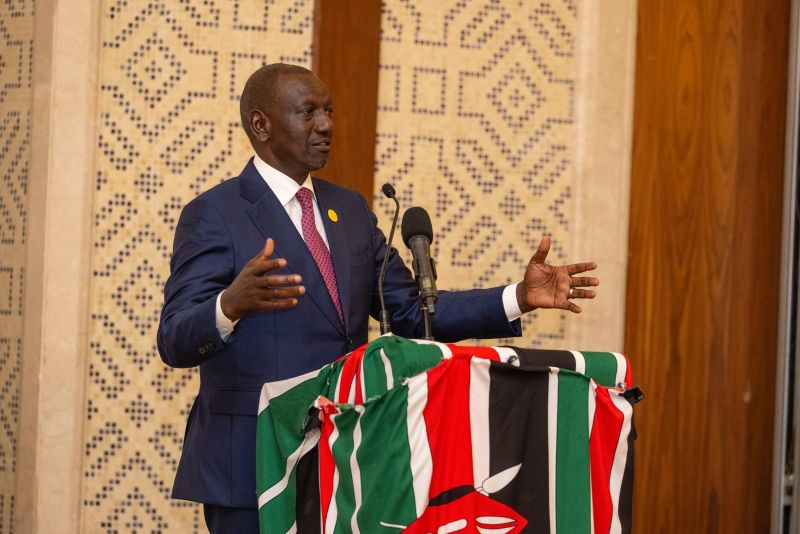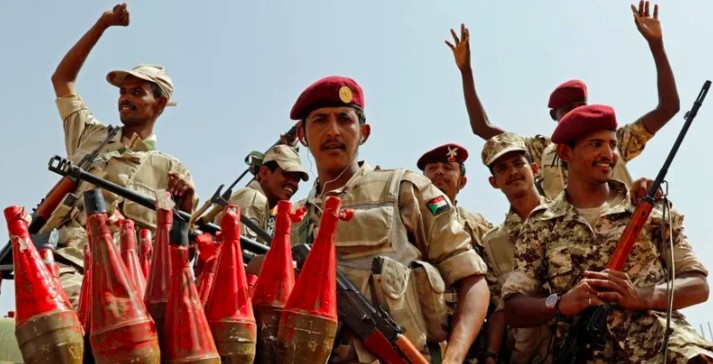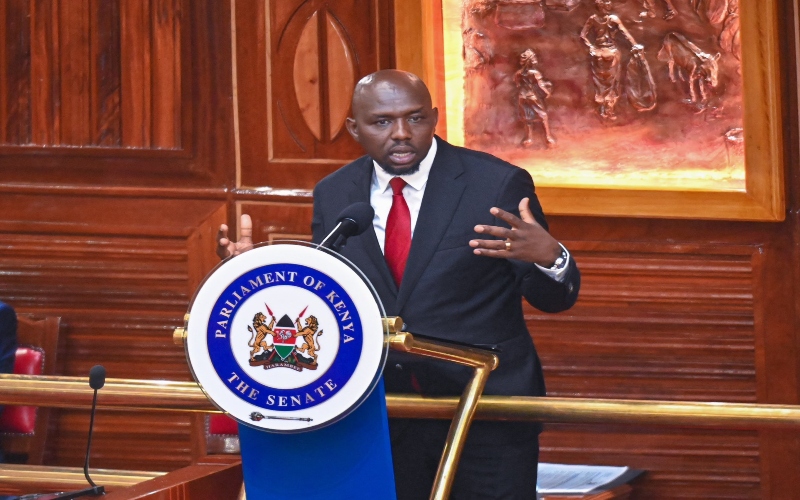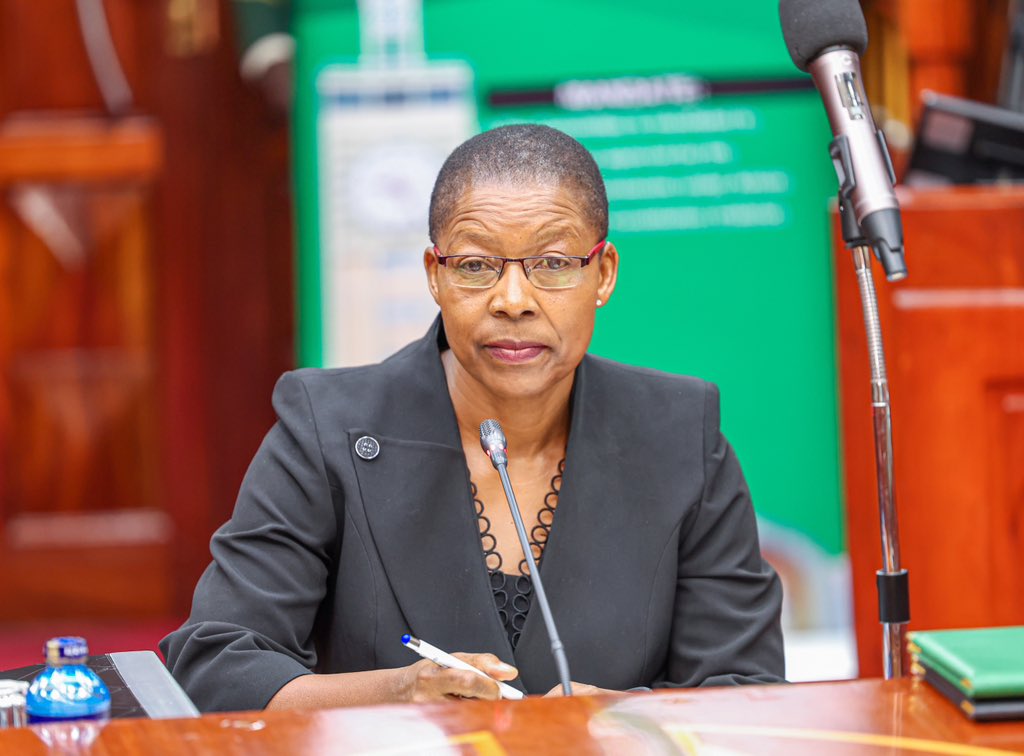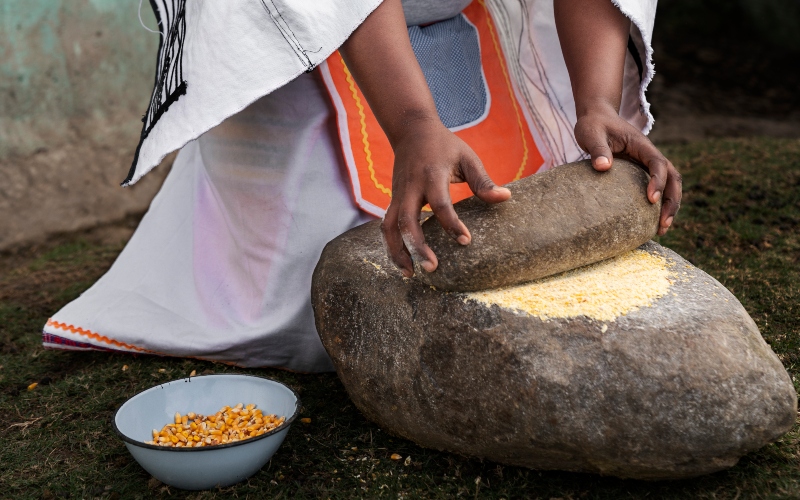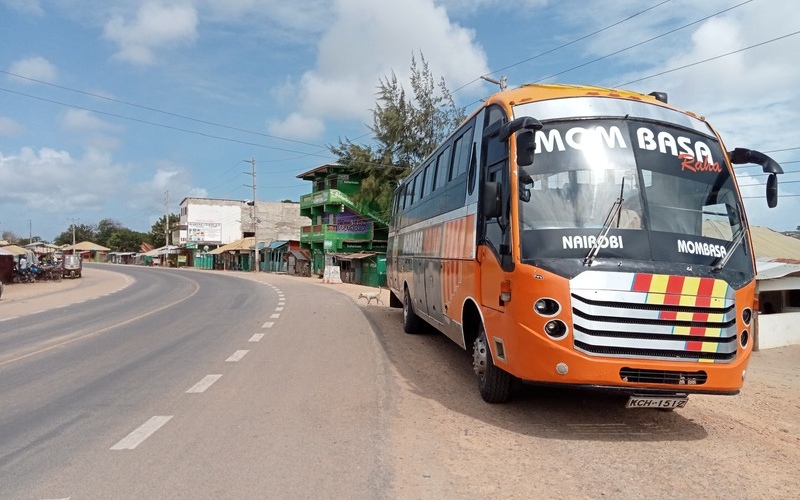Somalia cholera outbreak: UN steps up response as death toll hits 120
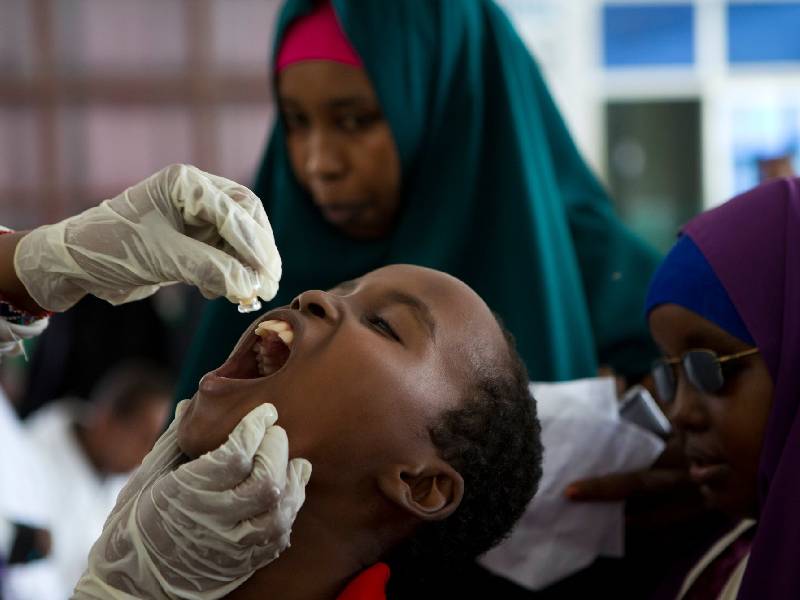
The UN's response includes deploying medical teams, providing clean water, and improving sanitation facilities to curb the spread of the disease.
The United Nations humanitarian agency has announced an intensified effort to combat the escalating cholera outbreak in Somalia, which has claimed 120 lives since January.
The UN Office for the Coordination of Humanitarian Affairs (OCHA) reported a surge in cases, with 10,647 new infections across seven states and a case fatality rate of 1.1 per cent, which it noted exceeds the World Health Organization's emergency threshold of one per cent.
More To Read
- Funding shortfall leaves severely malnourished Somali women, children facing death
- Humanitarian efforts continue as Somalia grapples with effects of Gu rains
- OCHA allocates Sh266 million for urgent cholera response in Somalia
- UN says 1.6 million Eastern Africans so far affected by heavy rains, floods
- UN warns of impending flood threat to 770,000 in Somalia
- Displaced households return home as flood waters in Somalia subside
"Additional funds are required to urgently meet the needs of the affected people," the OCHA said in a report released in the Somali capital of Mogadishu on Sunday.
Lack of access to safe water and proper sanitation is largely responsible for the persistent cholera outbreak.
Also, heavy rains and flash floods are exacerbating the outbreak of acute watery diarrhoea (AWD) and cholera, particularly in high-risk areas.
They have compounded issues, causing the widespread destruction of livelihoods, livestock, cropland, small businesses, and crucial infrastructure.
More than 3,367 shelters have been destroyed, and an additional 870 have been affected, along with 29 water points, 5,002 latrines, and seven schools.
Roads have also sustained significant damage, disrupting transportation and access to affected areas. Furthermore, flooding has flooded 5,899 hectares of agricultural land, threatening food security.
According to humanitarian partners, the April to June rain season could impact at least 770,000 people.
The transmission of AWD and cholera in Somalia since 2022, with outbreaks in the Banadir region since the 2017 drought, further exacerbates this situation.
The cholera crisis is particularly severe for children under five, who account for more than half of the 18,304 cases and 46 deaths reported in 2023.
The UN's response includes deploying medical teams, providing clean water, and improving sanitation facilities to curb the spread of the disease.
OCHA stressed that immediate and increased funding is crucial to meeting the escalating needs of the Somali population amid this health emergency.
Top Stories Today
